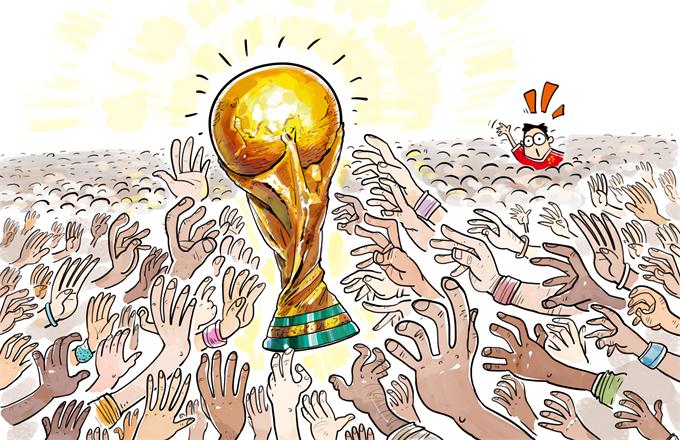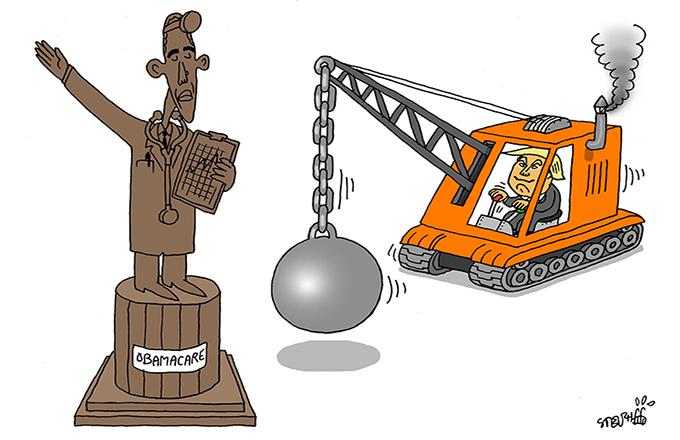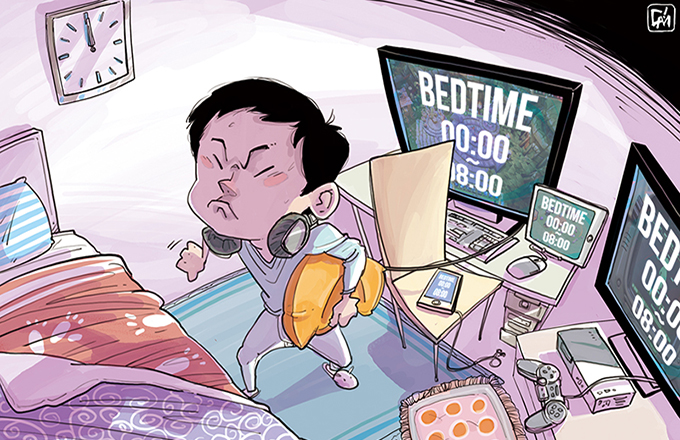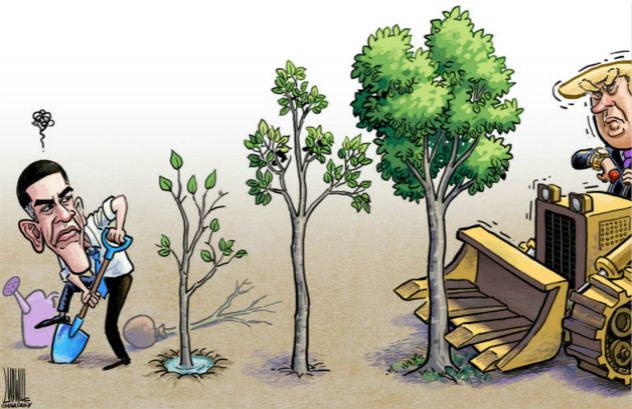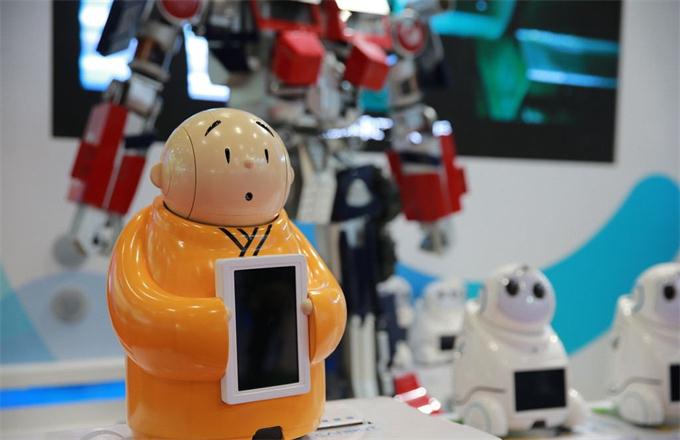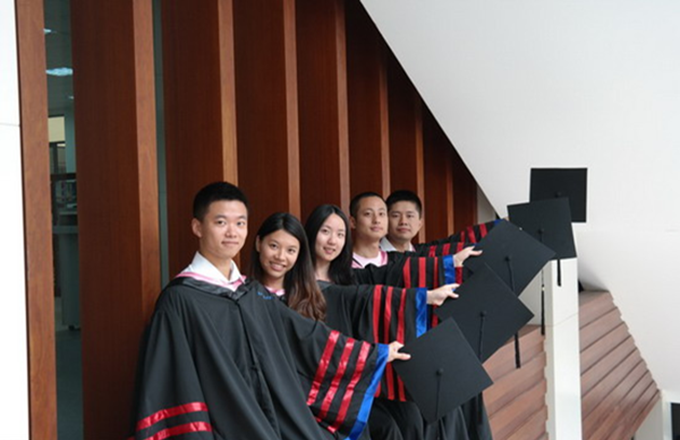The importance of being media savvy
'Minister Jiang, come over to have a few words with us," several young journalists yelled in unison as a gray-haired official in his 60s walked into a meeting at the just-concluded annual session of the Chinese People's Political Consultative Conference National Committee.
Jiang Weixin, who heads the Ministry of Housing and Urban-Rural Construction that is at the center of an ongoing public storm over new curbs on the real estate sector, noticed the commotion and raised his hands to salute the press.
"We even shouted 'don't be afraid, you're so handsome', but he walked away in silence," recalled a young woman journalist who tried to draw Jiang into the area designated for the media.
In an earlier encounter, Jiang had surprised everybody by bowing, with his hands clasped in front, in true Oriental style, and urging the media to hold their barrage of questions.
But if the minister thought he had escaped the media, his sense of relief was short-lived during both the encounters, because the next day photographs of Jiang pleading with the media and headlines like "Minister Jiang, you're so handsome" were splashed across Chinese newspapers and websites with vivid and colorful descriptions.
More journalists are being driven by growing idealism as they see themselves speaking for the people and as champions of social justice. The annual sessions of the National People's Congress and the CPPCC National Committee, which discuss a wide spectrum of important national issues, have heightened their sense of responsibility.
At the same time, sensational journalism is on the rise as media outlets become commercialized and strive to get bigger market shares through their catchy contents. Tidbits of information about celebrities and officials at the two annual sessions, gossipy and irrelevant as they sometimes appear, have amazingly high readership and retention value.
However, the public likes the more hard-hitting media despite their shortcomings, and media grilling of officials is cheered on as it makes the government more transparent.
The changing media landscape poses a challenge as well as offers opportunities for officials. Many officials have engaged media outlets in a candid manner and succeeded in maneuvering them to their advantage, while some who have denied access to journalists have been criticized and ridiculed.
Some of China's top diplomats are very media savvy. For example, Fu Ying, vice-foreign minister and spokeswoman for the NPC, wrote columns in the British press when she was China's ambassador to London. In 2008, when protesters disrupted the London leg of the Beijing 2008 Olympic torch relay, she wrote an article in a local newspaper appealing to people's good sense and wondering whether Britain was the same land that nourished Shakespeare and Dickens.
Li Zhaoxing, a former Chinese foreign minister and NPC spokesman, was the darling of the international media for the wisdom and humor with which he fielded the most difficult of questions. When asked to compare the differences between himself and Fu as an NPC spokesperson, he said: "She is a pretty girl, I'm an old man, how can we be the same?"
But controversial ways of dealing with the media also abound and have courted a lot of bad press. In one well-known case, an irate senior official snatched a pen recorder from the hand of a journalist. During a legislative meeting, a mayor publicly scolded journalists who wanted to know the legal proceedings related to his city, and said they wanted to dig up "gossip" from his mouth. And a university official and a member of the CPPCC National Committee called for a "joint scrutiny" by regulators and the media of the press coverage on food safety.
The media might have hyped or even presented Jiang's bows and salutes in a different light. But such incidents can as well be another reminder on how important it is for officials to be media savvy.
The writer is editor-at-large of China Daily. E-mail: dr.baiping@gmail.com
(China Daily 03/16/2013 page5)


